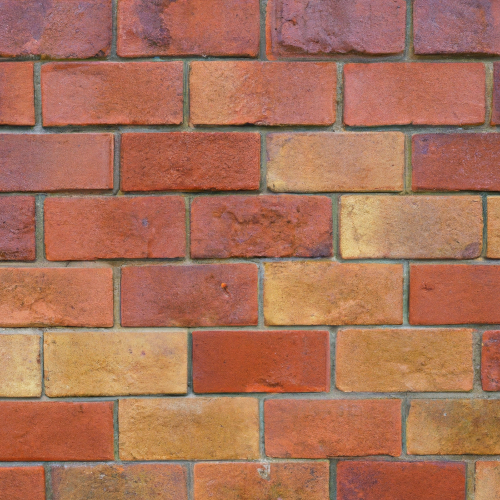Cost of Re-Building a Damaged Brick Wall in 2024
Article Updated 6th Nov 2024

The Average Cost of Re-Building a Damaged Brick Wall in 2024: £1,500
Re-building a damaged brick wall can be a significant home renovation project, and understanding the associated costs is crucial for homeowners planning such work in 2024. In this article, we will explore the various factors that influence the cost of re-building a brick wall, including assumptions that guide the average cost estimation, the steps involved in the reconstruction process, and the impact of size and scope on pricing. Additionally, we will discuss the options for materials and styles, and how these choices affect the overall cost. Finally, we will look at how costs have evolved over recent years, providing a comprehensive guide to budgeting for this project.
Factors Influencing the Cost of Re-Building a Brick Wall
The average expected cost for re-building a damaged brick wall in 2024 is approximately £1,500. This estimate assumes a standard brick wall of average size, common in many UK homes. Factors such as the wall's height and length, the type of bricks used, and the complexity of the design can all influence the final cost. For a small garden wall, the low end might be around £800, whereas a larger, more intricate wall could reach up to £2,500. These variations are largely due to material choices and labour intensity.
Steps Involved in Re-Building a Brick Wall
Re-building a brick wall involves several crucial steps to ensure the job is done correctly. Initially, the project begins with the **demolition** of the existing damaged wall, which accounts for about 20% of the project time. Following this, the **preparation** of the site, including clearing debris and leveling the ground, takes another 20%. The core activity is the **construction** phase, during which the new wall is built, consuming approximately 50% of the total time. Finally, there is the **finishing** process, which involves cleaning the site and applying any necessary sealants or decorative elements, taking up the remaining 10%. Ensuring that each step is executed meticulously is key to a well-done project.
- Demolition: 20%
- Preparation: 20%
- Construction: 50%
- Finishing: 10%
How Size and Scope Affect the Cost
The size and scope of the brick wall significantly influence the cost of the project. A **larger wall** requires more materials and labor, naturally increasing the price. Additionally, certain **options** can be included in the job to enhance the wall's functionality or aesthetic appeal. For instance, adding decorative elements or using special types of bricks can increase the cost by several hundred pounds. Other common options include installing **reinforcement** for additional strength or incorporating **insulation** for thermal efficiency.
- Decorative Elements: £200-£500
- Reinforcement: £150-£300
- Insulation: £100-£250
Material Options and Trends
The choice of materials plays a crucial role in the overall cost of re-building a brick wall. Homeowners can choose from a variety of brick types, such as **clay**, **concrete**, and **engineered bricks**, each affecting the cost differently. Clay bricks, for example, tend to be more expensive due to their traditional appeal and durability. In terms of trends, **eco-friendly bricks** have come into fashion, reflecting a broader shift towards sustainable building practices. Over the last five years, the cost of both materials and labor has seen a steady increase, primarily due to inflation and rising demand within the construction sector.
In conclusion, re-building a damaged brick wall involves several considerations, from understanding the average cost of £1,500 to navigating the factors that influence this pricing. Whether considering material choices, understanding the steps involved, or adapting to current trends, being informed can help make this renovation project a success. For homeowners looking to undertake this task, MyWorkman offers a platform to post a job and find skilled local tradespeople across the UK. Additionally, if any questions arise during the planning process, users can ask tradespeople for expert advice, ensuring a smooth and efficient renovation experience.